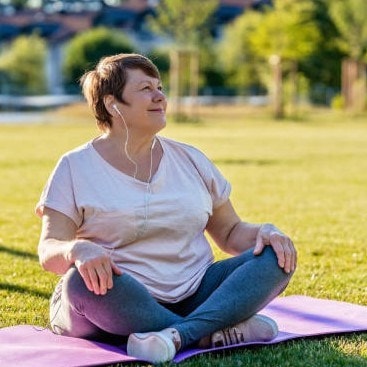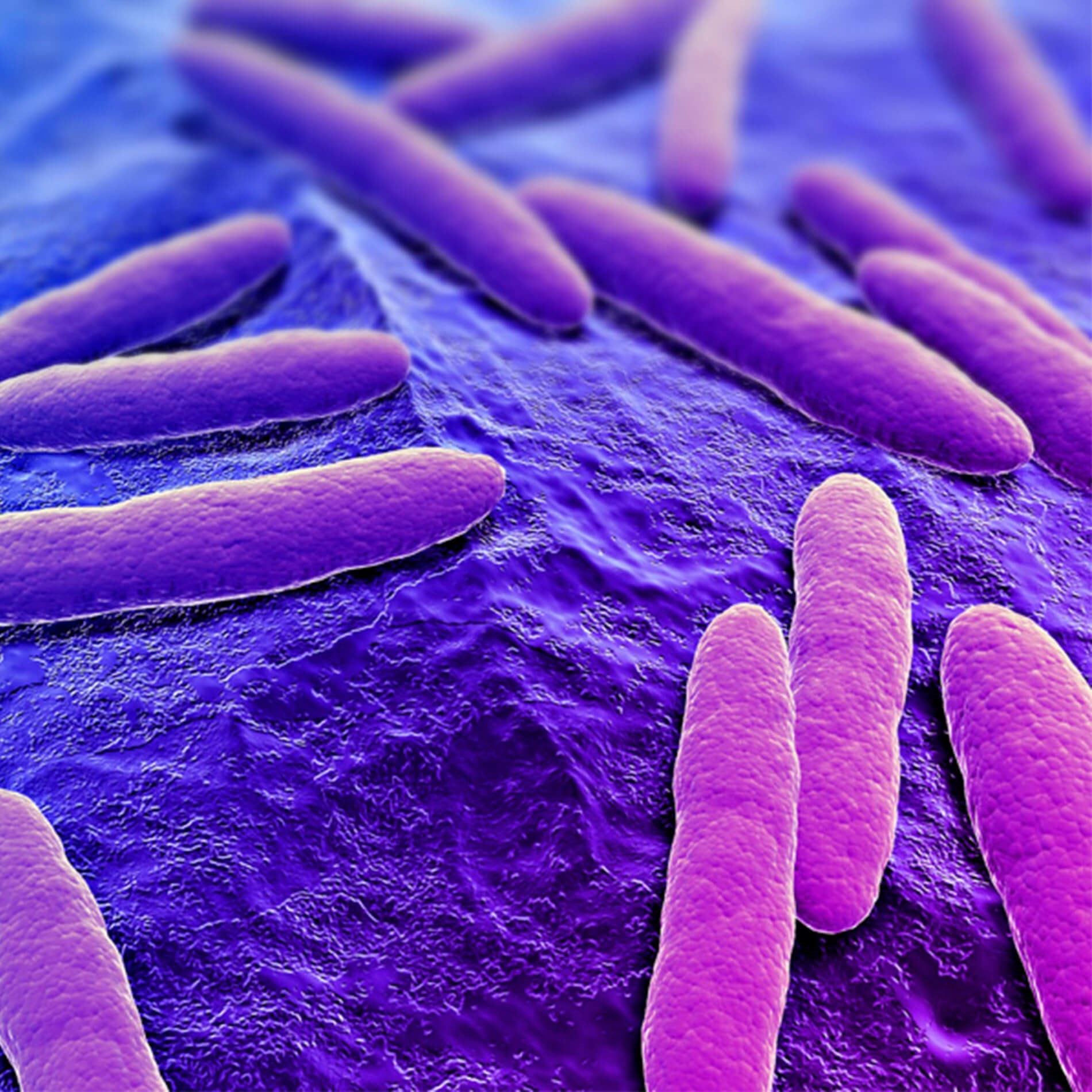L. gasseri probiotic for women's intimate health?
Women’s intimate health has been revolutionised by recent developments in probiotic research; the identification of specific bacterial strains that colonise in the intimate area has helped to liberate women around the world from the misery of genito-urinary infections such as thrush, cystitis and Bacterial Vaginosis (BV). But which strains are the best to use for your female patients?

Strains that have been shown to be significant for vaginal health include Lactobacillus gasseri DSM 14869, L. rhamnosus GR-1® and L. reuteri RC-14®. L. gasseri is a species commonly found in vaginal flora, though all of these strains have been shown in clinical trials to have a probiotic effect.
Research backs probiotic strains for women's intimate health
Some vaginal probiotic capsules, such as EcoVag® from Bifodan, contain the L. gasseri species; a recent Scandinavian study1 on this product, which also contains Lactobacillus rhamnosus DSM 14870 alongside Lactobacillus gasseri DSM 14869, was conducted using 40 female subjects who were suffering from either recurrent BV or vulvovaginal candidiasis (VVC). The study consisted of two trials: in trial I, women with BV were treated with cl****mycin and met*******ole followed by vaginal EcoVag® capsules, containing Lactobacillus rhamnosus DSM 14870 and Lactobacillus gasseri DSM 14869, for 5 consecutive days after each antibiotic treatment. in trial II, women were divided into three groups: women with BV who received cl****mycin and met*******ole treatment together with the probiotic (for 10 days after each course of antibiotics, then weekly administration of the probiotic capsules for another four months); women with VVC who took both fluconazole and EcoVag® treatment, and finally, women who took just extended fluconazole treatment.
After 6-months, the cure rate for BV was 50 % in trial I, with the 6- and 12-month cure rates were 67 % in trial II. The 6 and 12 month cure rates for VVC were 100% and 89% in women receiving fluconazole and EcoVag®, and 100% and 70% in the women who had taken fluconazole only.These are very encouraging results, and signify another breakthrough in probiotic research for women.
With all of this developing research into probiotic strains for feminine health, It's a great time to be a woman!
For more related articles about women's intimate health, see also:
FAQ: Which Probiotics for women?'
Probiotics and Bacterial Vaginosis: The Facts
References
- Pendharkar et al (2015) Vaginal colonisation by probiotic lactobacilli and clinical outcome in women conventionally treated for bacterial vaginosis and yeast infection. BMC Infect Dis. 2015 Jul 3;15:255. doi: 10.1186/s12879-015-0971-3.
Popular Articles
View all Female Health articles-
Female Health04 Aug 2023


